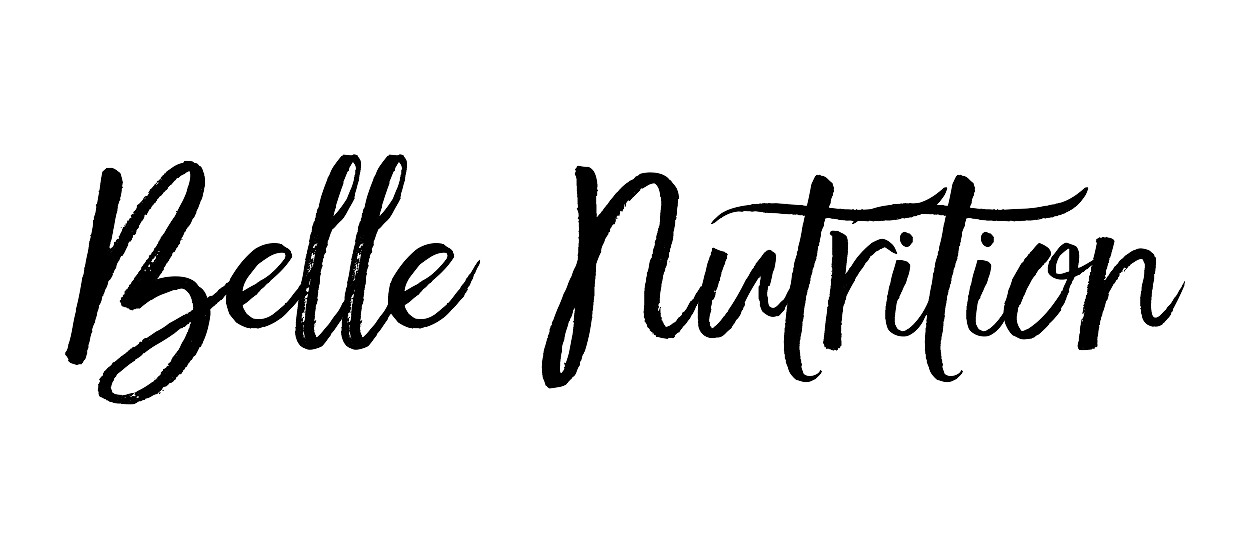Is what we eat, and the volume of our food intake controlled by genuine hunger? Not always. If it was this simple we would not be seeing such statistics as:
The Health Survey for England 2021 estimates that 25.9% of adults in England are obese and a further 37.9% are overweight but not obese.
The truth is that our natural ability to start and stop eating, involving a vast array of hormones, peptides, and stomach receptors, can be overridden by emotion.
Often powerful cravings for highly palatable foods (those containing high fats and refined sugars) or alcohol occur when we are feeling stressed. Stress encompasses heavy emotional states, loneliness, worry, self-doubt, or anxiety. The physiology behind the stress reaction involves the release of cortisol which triggers our bodies to create and crave fuel with immediacy. Sugary carbohydrates serve as a quick fix for the stress reaction therefore we may well find ourselves reaching for a sugary snack with a level of remarkable determination.
So, we can see that emotional eating is often impulsive and unplanned. This is often a physiological reaction however can also feel like we are ‘greedy;’ a type of inner dialogue which fuels our feelings of self-loathing and loss of willpower.
Commonly, we also use snacking to avoid difficult tasks. Food can provide a welcome distraction from deadlines in the workplace but also from facing up to unpleasant emotional states like anger, sadness, disappointment, or fear. Unfortunately, the effect is usually temporary, and often followed by self-criticism, which can lead to more emotional eating. If repeated, this coping mechanism can become a negative cycle of unhealthy eating that leads to habitual overeating and sabotages planned healthier lifestyle measures.
Does any of the above resonate? We are entirely able to regain control with the right support and persistently challenging our own inner dialogue. As a starter, try these five tips:
1. Look for the difference between actual hunger and a craving. Ask yourself why you want to eat. Is this a reaction to an emotion?
2. Emotional eating of sugary foods gives us a dopamine hit. This feels good therefore we do it again. Find other healthier activities that are pleasurable or provide comfort. For a healthy dopamine hit try going for a short run followed by a 3-minute cold shower. It feels great. If this sounds like a step too far start with taking a walk, engaging in learning something new, talking with a friend, listening to music, or watching a film instead of eating.
3. Remove highly palatable foods from your immediate environment. The stress response is designed to make you act fast so you may not have time to think straight. Have healthy snacks available to satisfy strong urges to eat.
4. Self-care. Eating regularly and well prevents overwhelming hunger that can lead to impulsive eating. It helps when you have an intense craving to pause and consider that you have eaten well already today and that this is purely a stress response. Then go for a walk instead. Regular gentle exercise helps with managing stress and maintaining energy. Self-care practices such as yoga, meditation or deep breathing can also help manage stress.
5. Be realistic. Avoid aiming for perfection or try to change everything at once. Allow for gradual change in behaviour over time and treat yourself with compassion when you falter.
If you would like further support around this topic do join myself and David Brahman on March 6th at 7 pm for our zoom webinar.
Head to Eventbrite for more information and ticket purchase. Please note that the webinar WILL be recorded therefore ALL ticket holders with receive a copy.



